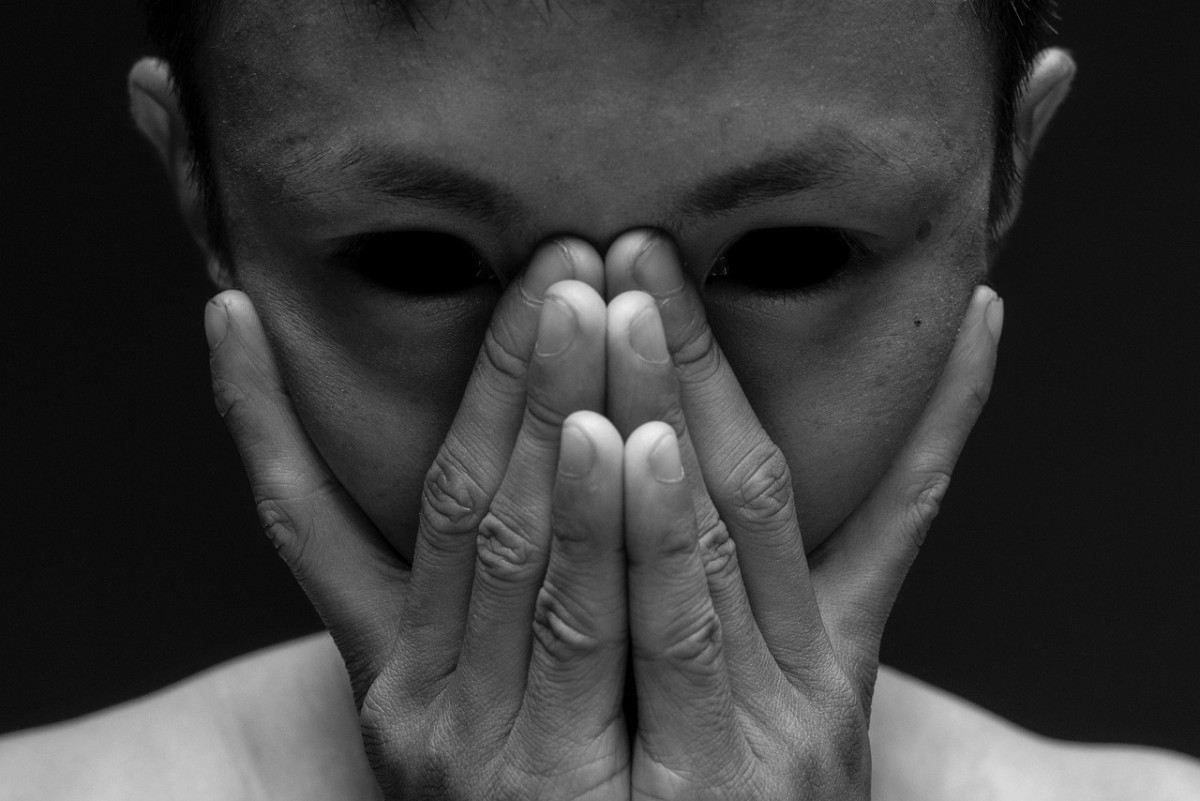Why Do We Ghost the People We're Dating?

Ghosting—We've All Been There
It isn’t uncommon to hear stories about people being ghosted. Maybe you’ve experienced it yourself. And it always leaves you wondering: things were going great, so what happened? Why would they vanish? Was it something you did? But here’s the deal—it probably wasn’t you, it was them. (I know, that same old phrase. But it’s true.)
What's the Deal With 'Ghosters'?
People tend to ghost because they’re scared of confrontation, possess certain attachment styles, have poor communication skills, or lack empathy. However, a study published in the Journal of Experimental Psychology: General suggests that many ‘ghosters’ do not want to hurt others’ feelings; they may actually consider it a gentler form of rejection. Outside of that, some ghosters might deem talking about the issue at hand unnecessary. But of course, they don’t get to make that decision for you, and it still hurts.
Environmental Influences
The way a person was brought up and their environment growing up can greatly influence their attachment styles, communication skills, and emotional maturity. Growing up in an environment where conflicts were seldom resolved appropriately, if at all, can later lead to several issues that can contribute to ghosting. They might struggle with being able to express themselves, avoid conflict, or shy away from difficult conversations altogether

Is Ghosting Sometimes Necessary?
Yes, some instances require ghosting due to the threat to one’s personal safety and mental wellness. In that case, the ghoster shouldn’t feel the need to hold themselves accountable.
Hello, Empathy?
There are also instances where the ghoster simply lacks the ability to understand how others feel and compromises others’ need for closure to satisfy their own desires and needs. This occurs due to a lack of empathy.

Can't Commit? Ghost Instead!
Ghosting can also be an easy way out for someone afraid of commitment. If the person does not know what they really want, or they’re scared of long-term and meaningful commitment, they can utilize ghosting as a relatively convenient way to remove themselves from the equation. This way, they are not forced to experience the discomfort that might come with confrontation. This fear of commitment can stem from witnessing unhealthy relationships growing up, unpleasant past relationships, or a fear of losing independence.
A Culture of Ghosting
Ghosting has become increasingly common, especially in the digital world. With dating apps showing us thousands of people to choose from, ghosting can seem like it’s not that big of a deal. Maybe it’s the lack of personal closeness felt while interacting digitally that makes ghosting appear easier and more justifiable.
To Wrap It Up...
Ultimately, unless in serious cases of self-preservation, it is advisable to provide the other person with gentle closure about your decision to end the relationship, or potentially work through issues. Ghosting can leave others feeling upset, anxious, hurt, and confused. We could benefit from working on any potential communication or psychological issues that might hinder us from showing up better for others. After all, we don’t want to be the reason for the next person’s lack of trust in modern dating. That lack of trust could potentially turn a ghostee into a ghoster.








